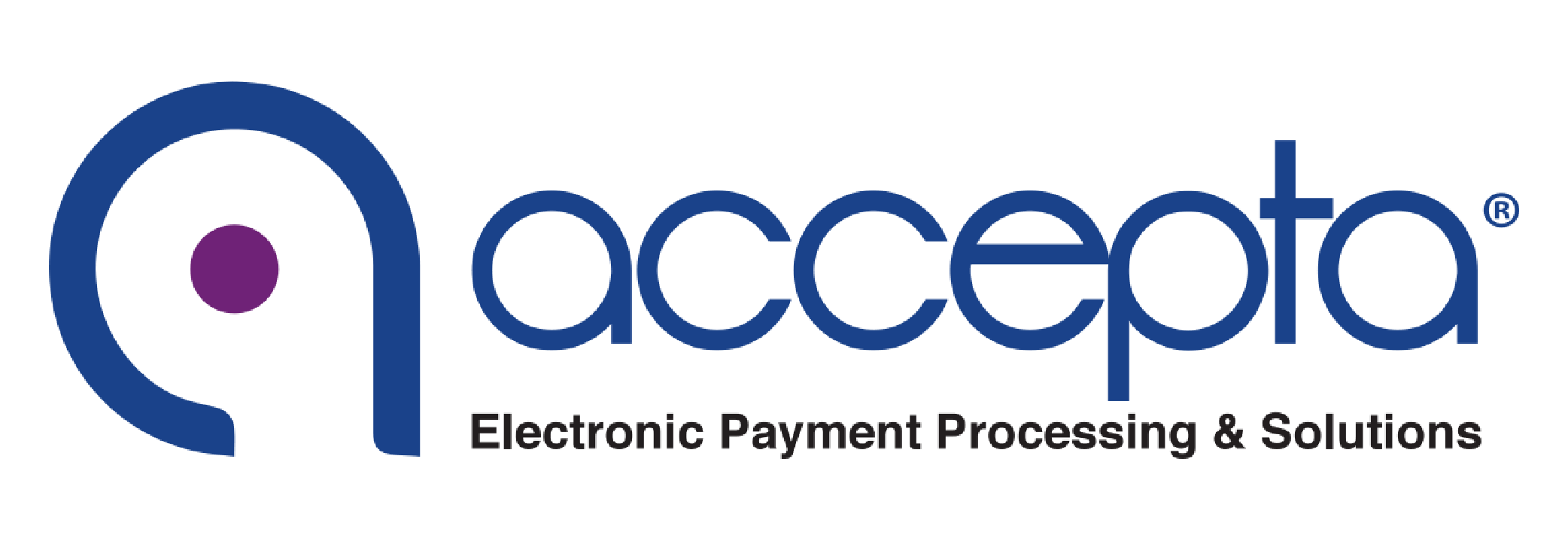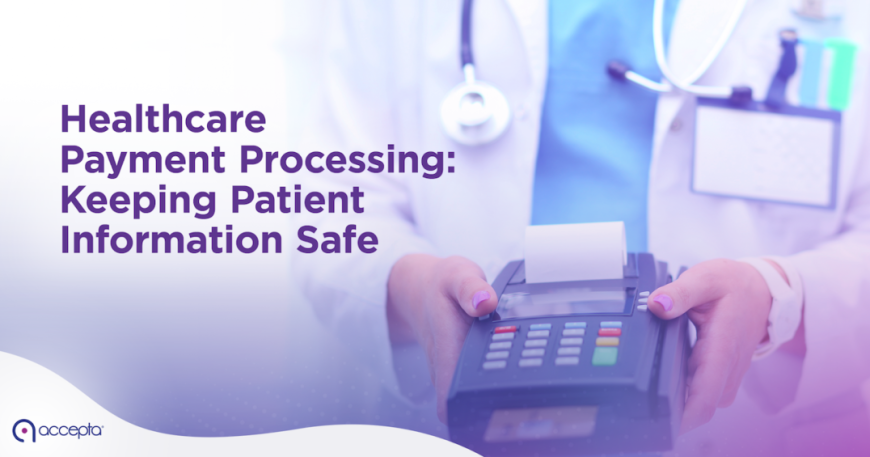In a society where data is constantly being passed from one place to another, keeping patient information safe and private must be a top priority for healthcare providers.
Details like the patient’s name, date of birth, and credit card number are all considered Protected Health Information (PHI) and are protected under the Health Insurance Portability and Accountability Act (HIPAA).
This law controls the guidelines that must be followed to protect sensitive patient data and complying with it is necessary. In this article, we’ll discuss frequently asked questions regarding secure payment processing in the healthcare industry.
PROCESSING CREDIT CARDS SECURELY
Frauds are always a risk when processing credit card payments, and the healthcare industry is no exception. To guarantee your patients’ transactions and PHI are secure, make sure to follow these steps:
- Do not provide PHI, especially details about treatment or care when processing your patient’s card. Only provide what’s required for the payment to be processed.
- Use high-quality, up-to-date encryption technology for payment data security. This can include point-to-point encryption and PCI-validated point-to-point encryption (vP2PE).
- Ensure that unencrypted sensitive payment card data isn’t stored electronically or in any other form.
- Upgrading from magnetic card readers to Europay/Mastercard/Visa (EMV) chip card technology — something that can help reduce counterfeit fraud.
SECURELY COLLECTING HEALTHCARE PAYMENTS
These are the three main ways a patient can pay their medical expenses:
1. In-Person Payments
Patients should have a variety of payment options to have flexibility at the time to pay their medical expenses. This includes having payment methods such as credit and debit cards and cash, but also allowing the patient to pay in person at the time of service.
2. Online Automated Systems
In order to streamline your healthcare payment processing, it’s important to have online automated payment options available for patients.
3. Interactive Voice Response
Allow patients to make over-the-phone payments using interactive voice response (IVR) systems. These payment systems allow patients to access their information and make payments securely over the phone, without speaking to anyone.
PAYMENT PROCESSING PRIORITY
Regardless of which methods you choose to collect payment with, keeping patient information secure should always be a top priority.
Remember to discuss HIPAA compliance with your payment technology company and offer payment processing solutions that benefit both you and your patients.
Finding the perfect solution might be draining, but you don’t need to look far: Accepta offers the solutions you need.
Contact us for more information: (787) 774-1555 or visit acceptapayments.com.





